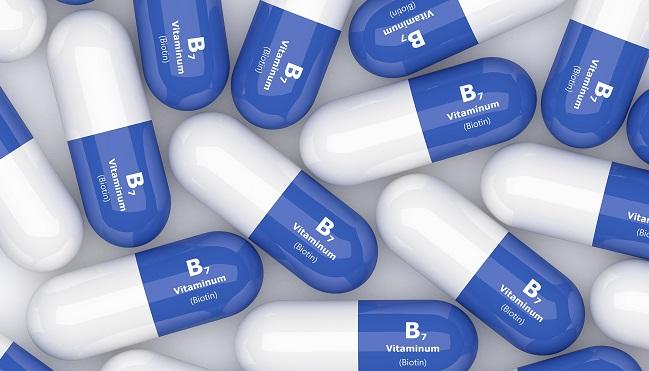Biotin Supplements Can Interfere With Cardiac Troponin Tests: FDA
One person died after excessive levels of biotin, also known as vitamin B7, skewed their troponin test results, according to the FDA.

The US Food and Drug Administration (FDA) is warning physicians and other healthcare professionals that megadoses of supplementary biotin can result in skewed laboratory test results, including incorrect cardiac troponin measurements.
The FDA has received one report of a patient death resulting from an incorrect cardiac troponin assessment that occurred because of biotin interference.
“Biotin in patient samples can cause falsely high or falsely low results, depending on the test,” according to the FDA. “Incorrect test results may lead to inappropriate patient management or misdiagnosis. For example, a falsely low result for troponin, a clinically important biomarker to aid in the diagnosis of heart attacks, may lead to a missed diagnosis and potentially serious clinical implications.”
The problem occurs because many immunoassays rely on biotin-streptavidin binding to capture antibodies. For example, biotin is used in immunoassay tests for cardiac troponins and thyroid stimulating hormone (TSH), among many others, and these assays can be affected by biotin in the patient’s serum sample.
Biotin is a water-soluble B vitamin found in multivitamins, prenatal vitamins, and dietary supplements marketed for hair, skin, and nail growth, according to the FDA. Additionally, biotin is currently being investigated for the treatment of multiple sclerosis (MS), and as a result, some physicians may be recommending large doses of biotin for such patients.
The daily recommended allowance for biotin in 0.03 mg, a level that typically does not interfere with laboratory test results. The supplements marketed for hair, skin, and nails, however, can contain up to 20 mg of biotin, which is more than 650 times the recommended allowance. In patients with MS, physicians may even recommend up to 300 mg/day, the FDA says.
Physicians are advised to ask their patients if they are taking any biotin supplements and to be aware that certain lab tests, even beyond diagnostic cardiovascular and hormone tests, might be potentially affected if there is biotin in the patient’s specimen.
“If a lab test result doesn’t match the clinical presentation of your patient, consider biotin interference as a possible source of error,” cautions the FDA.
Michael O’Riordan is the Managing Editor for TCTMD. He completed his undergraduate degrees at Queen’s University in Kingston, ON, and…
Read Full BioSources
Food and Drug Administration. Biotin (vitamin B7): Safety communication - may interfere with lab tests. Published and accessed on: November 28, 2017.


Comments